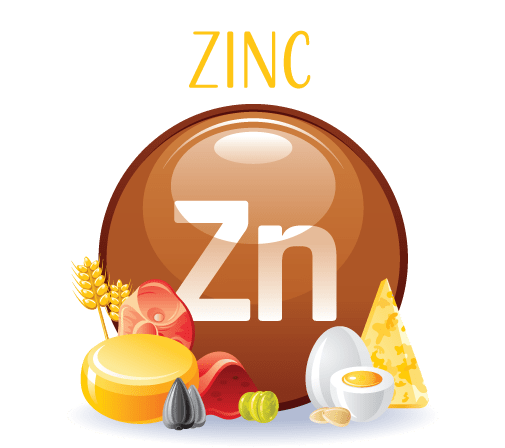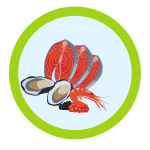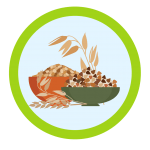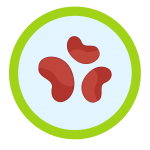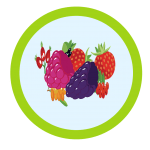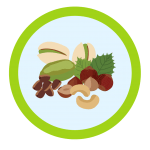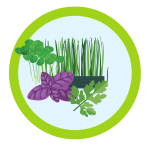Improve Health with Zinc from Food to Boost Immunity.
Zinc is an essential nutrient that plays a fundamental role in the growth, development, and maintenance of optimal health. It is an essential mineral, meaning that our bodies cannot produce it, and therefore must get it from our diet. Zinc helps with the proper functioning of the immune system, wound healing, taste, and smell, among other physiological functions. Deficiencies are common, and this often results in weakened immunity and an increased susceptibility to infections.
To fortify your health with balanced nutrition, it is essential to make sure you consume the recommended daily amount. Foods such as seafood, poultry, beef, nuts, seeds, and legumes are excellent sources. Vegetarians and vegans may need to plan their diets more carefully, as plant-based sources of zinc are not as easily absorbed by the body.
